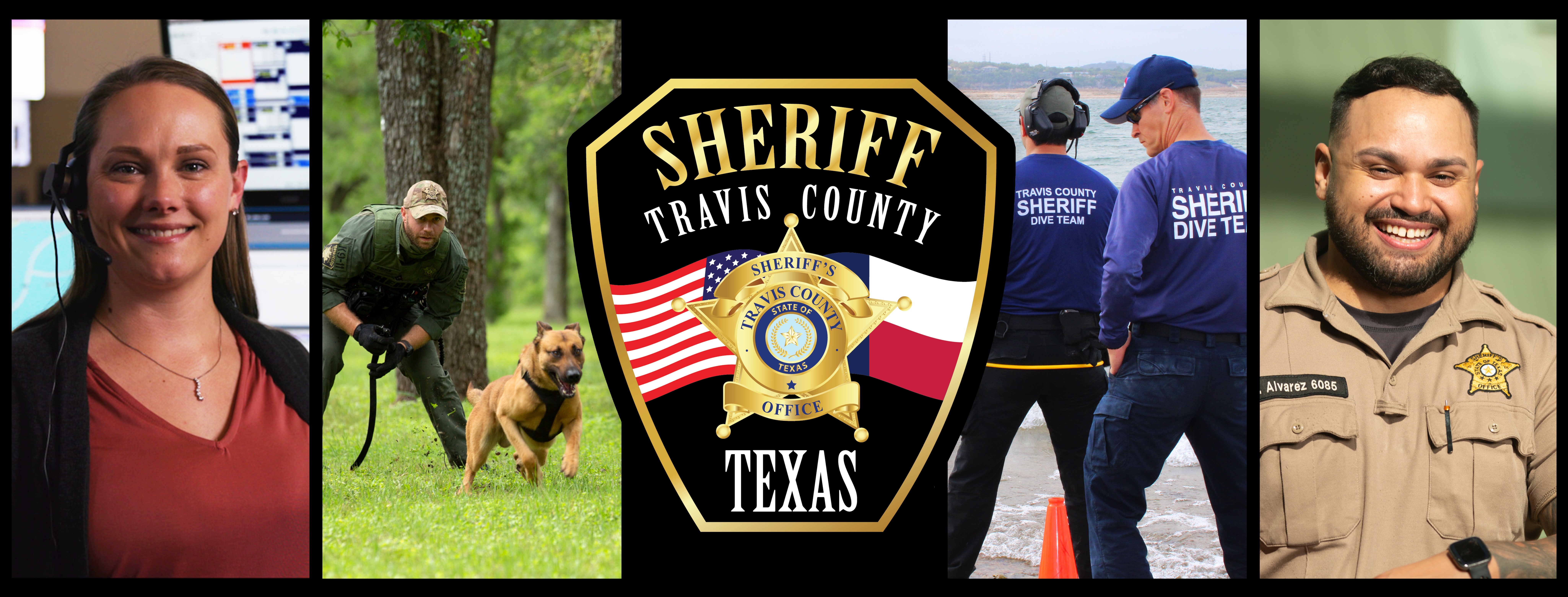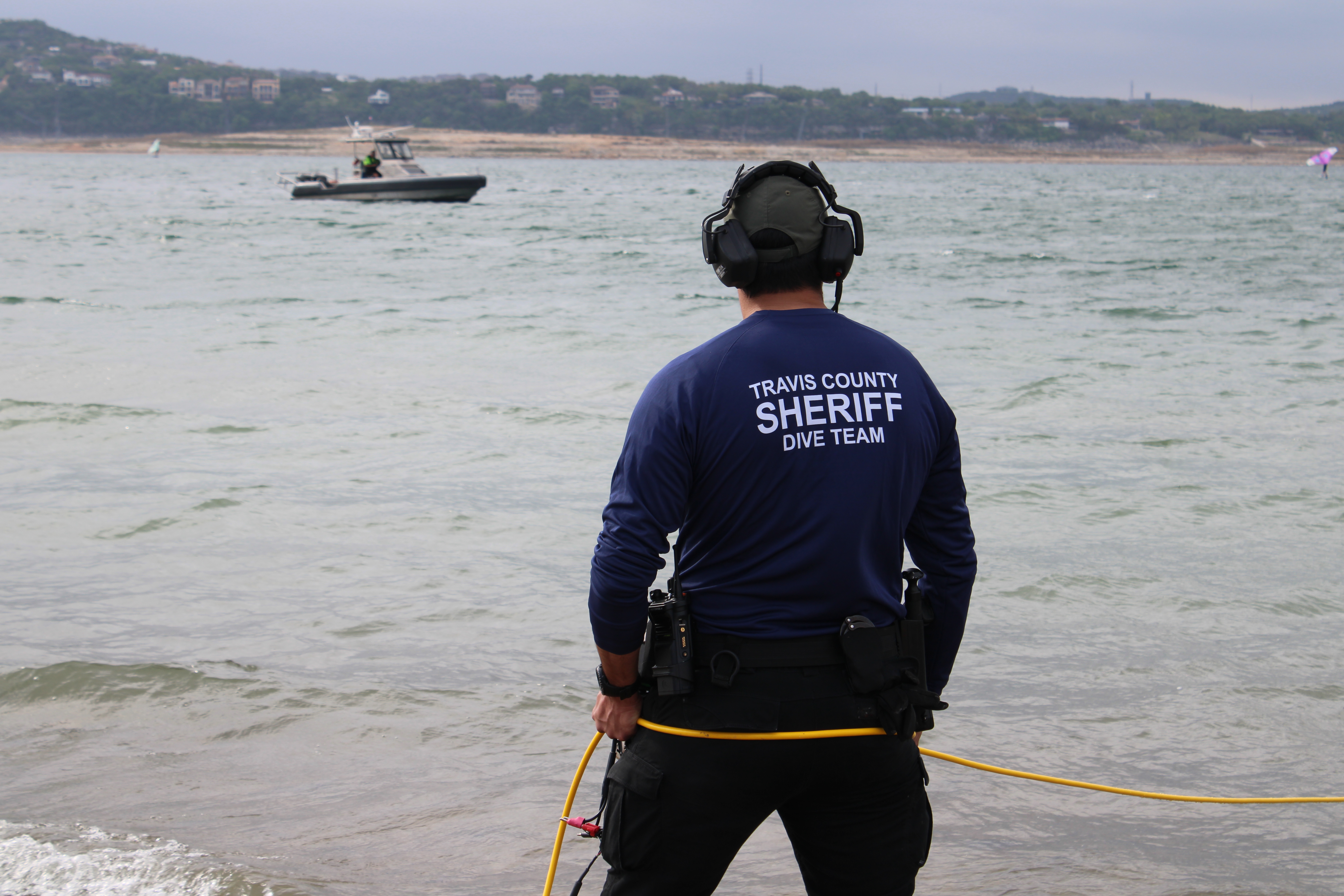Contact Us
To provide feedback on the Community Policing Dispatch, e-mail the editorial board at CPDispatch@usdoj.gov.
To obtain details on COPS Office programs, publications, and resources, contact the COPS Office Response Center at 800-421-6770 or AskCopsRC@usdoj.gov

U.S. Department of Justice
Office of Community Oriented Policing Services
Washington, DC 20530
 Though law enforcement agencies go to great lengths to support officers’ mental health with programs to counteract the effects of acute trauma and chronic psychological distress, there remains a need for ongoing maintenance—programs that bolster emotional resilience and cognitive fitness with everyday mental and physical techniques.
Though law enforcement agencies go to great lengths to support officers’ mental health with programs to counteract the effects of acute trauma and chronic psychological distress, there remains a need for ongoing maintenance—programs that bolster emotional resilience and cognitive fitness with everyday mental and physical techniques.
One such program was recently adopted by the Travis County (Texas) Sheriff’s Office (TCSO), a large law enforcement agency in the Austin metropolitan area. Called Mindfulness-Based Resilience Training (MBRT), it is an evidenced-based program which teaches mental and physical techniques for staying calm and focused in challenging situations while also mitigating the effects of long-term stress and trauma.
Employee wellness has always been a high priority at TCSO. Since 2015, they have employed Dr. Cress Kwolek, an on-staff psychologist certified in Mindfulness-Based Stress Reduction training to direct wellness programs and provide support after critical incidents, among other services. To increase the reach of these services as well as their acceptance by personnel who might be uncomfortable approaching the staff psychologist, the TCSO also started a Peer Support program in 2017, which has since grown to more than 20 members.
A few years later, recognizing the importance of mental health maintenance, TCSO leadership sought a program that would provide the knowledge and techniques that would enable personnel to build emotional resilience within themselves and also help their colleagues in times of crisis.
Their search led them to My Steady Mind (MSM), a cognitive fitness training provider, which teaches practical methods for handling negative emotions, managing stress, and enhancing performance. Working with MSM, the TCSO developed a mindfulness-based resilience training for their agency; and in 2020, they implemented it with funding from the Office of Community Oriented Policing Services (COPS Office) Law Enforcement Mental Health and Wellness Act (LEMHWA) Program.
Mindfulness-Based Resilience Training, Tools for Emotional and Physical Self-Control
“We wanted a program which, based on research and evidence, was successful with law enforcement,” said Kwolek. “Mindfulness has proven to be a very effective mental tool. You’re training your brain to be more self- and situationally aware, to notice changes in your body and the environment around you and be able to adjust to stressors in a way that is more conducive to good performance.
“Officers can learn to be aware of their heart rate, for instance. With this training, they will know things they can do to calm themself, such as concentrating on breathing to clear their mind.
“In difficult situations, cortisol levels are elevated and adrenaline courses through your veins. The ‘flight or fight’ syndrome takes over, and you don’t make your best decisions. Mindfulness teaches you how to bring your nervous system back to normal, improving your situational awareness and performance and, over the long run, reducing wear and tear on your body.”
These capabilities are taught in nine online modules, under topics such as resilience, presence, confidence, and emotional intelligence. Among the skills they teach is the use of visualization to be “in the present” and more aware, despite distractions. Tips for avoiding “time-traveling,” mentally moving forward by worrying about the future or traveling backward by obsessing over something that happened in the past, are also given.
Another module, focused on resilience, begins with the reminder that we cannot control everything that happens to us, only how we respond to it, with tips for bouncing back. All the modules also include a guided meditation, video, and a reflection activity, usually in the form of a journal entry.
Cultural Alignment Was Key to Acceptance
Though the value of mindfulness-based training has long been established in mental health studies, TCSO recognized the challenge of encouraging participation by personnel who were new to it. To overcome this, Sheriff Sally Hernandez asked all command staff to go through the training first, and, after determining it would be beneficial, to champion it.
Added TCSO Planner Leah Hughes, “The agencies that My Steady Mind provided as references also suggested that command staff strategically pick groups to introduce the program. So the SWAT Team was asked to take the training, then Corrections—the tough guys—figuring if they liked it, they could help convince others. And they did. One of the SWAT Team members said, ‘With this training, when I’m on the range, I think about my breathing, and it improves my shooting.’ So other members of our staff thought, “Wow, this really works.”
Partnering with MSM, whose training culturally aligned with the TCSO, also had a positive effect on acceptance. Said TCSO Major Craig Smith, “We tried two other programs, but one was too religion-based, the other too touchy-feely. My Steady Mind was a good fit for our department. The founder is a former U.S. Navy SEAL, which is a special operations force. The trainers had experienced combat, so they brought a level of credibility to the table.
“In 2001, after a shooting incident, the people who came to counsel us didn’t have law enforcement experience and couldn’t relate to what we experienced. The guys at MSM know about the kinds of trauma law enforcement personnel see. This is a very important piece of choosing a mental health program. It has to be one that your employees can relate to, so they will voluntarily do the program and stick with it.”
Added Kwolek, “The MSM trainers said to our people, ‘This is not counseling or therapy for mental illness. This is resilience training, giving you tools for handling stress, tools you can use whenever you need them.’ What else really helped was that MBRT training is performance based. Real life scenarios were used to demonstrate the power of mindfulness, to show that it doesn’t just help you get through a situation but perform better overall.”
Real-Life Benefits On and Off the Job
 According to Hughes, about 440 people took the training, which was about a third of TCSO staff plus officers some from external agencies. Mindfulness-based training through MSM is now a required course at the TCSO Training Academy and is also offered for smaller agencies in the county.
According to Hughes, about 440 people took the training, which was about a third of TCSO staff plus officers some from external agencies. Mindfulness-based training through MSM is now a required course at the TCSO Training Academy and is also offered for smaller agencies in the county.
“A wide range of individuals, from new employees to seasoned officers, have said it helped them,” she added. “One said that his wife told him ‘You seem so much calmer and relaxed.’ Another employee, who works in our jail, said that he had a hard time dealing with somebody who regularly visits a prisoner, but can listen to her complaints without getting stressed anymore.”
Said Kwolek, “At TCSO we want to support the wellness of our employees at home as well as at work. We want to be proactive rather than reactive, giving them the tools they need before they develop illnesses such as PTSD.
“We want them to be their best selves all the time. So the TCSO implemented mindfulness-based resilience training to give our people practical methods for reducing stress which they can apply to all parts of their lives.
“And our vision is for the peer support team and others who have taken this program to pass these skills on to their colleagues. The long-term goal is that we all support each other. A lot happens behind the scenes when it comes to providing support, so Mindfulness needs to be part of the culture.”
Images Courtesy of TCSO.
Subscribe to Email Updates
To sign up for monthly updates or to access your subscriber preferences, please enter your email address in the Subscribe box.






